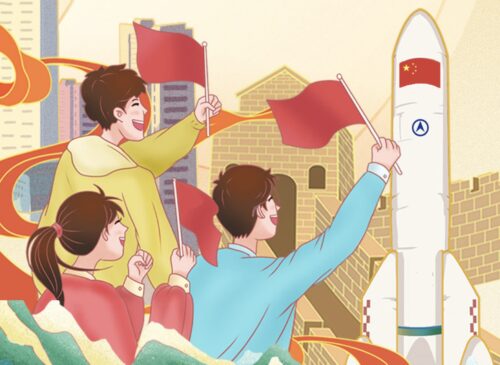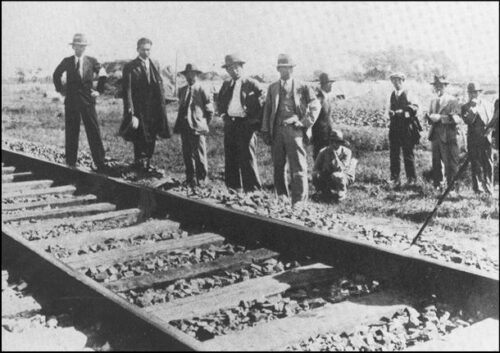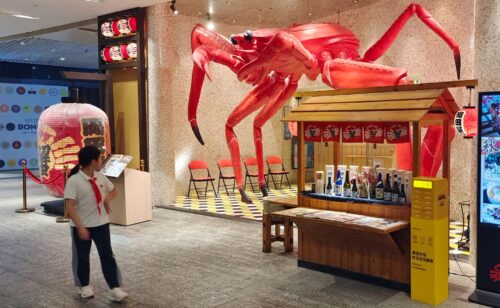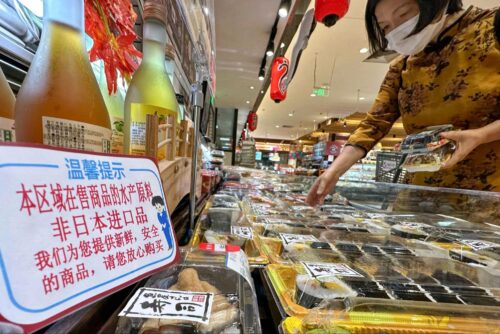Japan Inc. arrives in Beijing
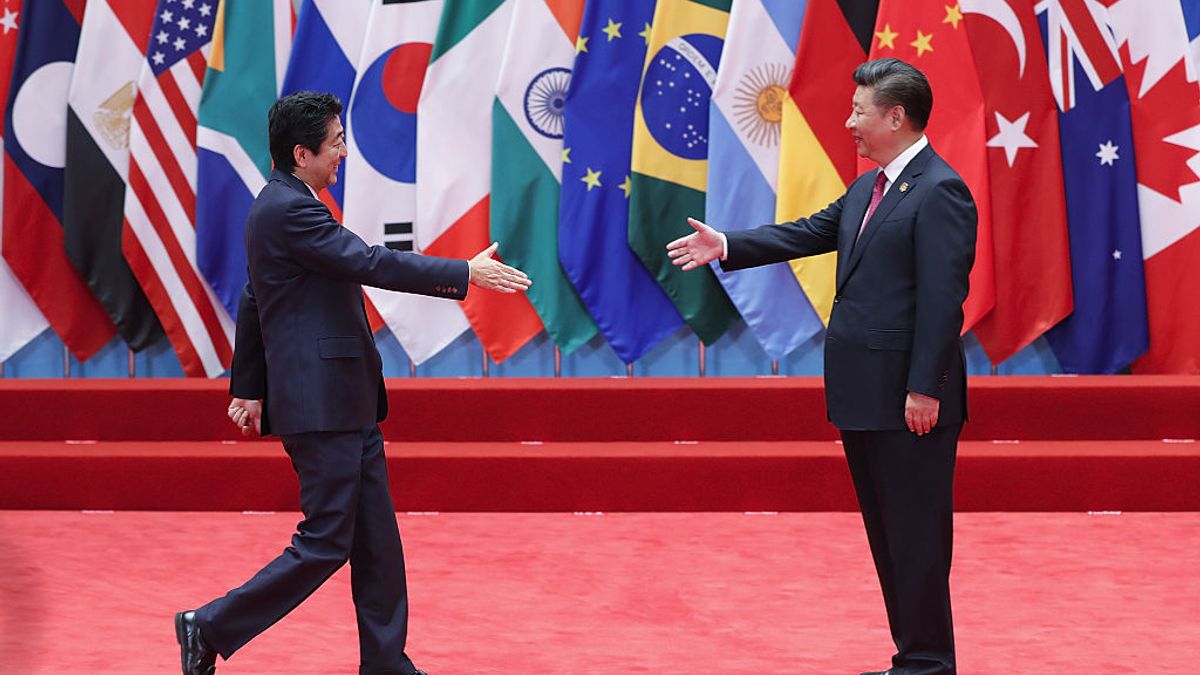
Japanese Prime Minister Shinzo Abe arrived in Beijing today for a three-day state visit. On Tuesday, I called the visit a “remarkable” change after many recent years of hostility between the two Pacific giants. Former U.S. assistant secretary of state for Asia Evan Feigenbaum tweeted that the visit was “possibly the most significant China-related event this fall.”
- Why significant? “Abe appears to me to have an actual strategy — something the US used to excel at,” says Feigenbaum. “And it’s a pretty good one. It’s also an opportunity for him to stake out a more autonomous Japanese posture.”
- This is Japan’s first formal bilateral summit with Chinese leaders since 2011. Reuters says: “His visit is expected to carve out new scope for cooperation between Asia’s two biggest economies. It is also expected to promote trust, which has been fragile at times since they restored diplomatic relations in 1972.”
- Trump’s trade policies are driving Tokyo and Beijing together: “Both Chinese and the Japanese have mutual concerns about the United States, particularly with President Trump and his policies,” said Victor Teo, assistant professor at the University of Hong Kong’s department of Japanese studies, cited by CNBC.
- This morning, Abe met Premier Lǐ Kèqiáng 李克强. They both made noises about cooperation, supporting free trade, and global growth. Li, of course, invited Japan to participate in the Belt and Road Initiative.
- Tomorrow, “Abe will hold further talks with Li on Friday, take part in a forum on infrastructure projects and visit Peking University.” Then he will meet and dine with General Secretary Xí Jìnpíng 习近平, according to the South China Morning Post.
- A 500-strong business delegation is with Abe, according to CNBC. About 50 project memorandums of understanding — for deals in energy, healthcare, finance, and automobiles — will be signed during Abe’s visit, “according to a draft document seen by Reuters.”
Alternative view: Responding to my note on Tuesday calling Abe’s visit remarkable, veteran Asia reporter and novelist Chris Taylor wrote:
The fact that Abe and Xi are meeting this fall is because they’re closer to war than they have been since the last one. The 14 months I spent in Taiwan ending in November, I couldn’t reach any of my senior DPP contacts most of the time because they’re all in Tokyo in meetings. The Japanese are, like: “Enough in the South China Sea, and provocative moves on Taiwan. We’ll amend our pacifist constitution, and we’ve been spending more on defense and technology since the 1960s than you can even imagine.”


